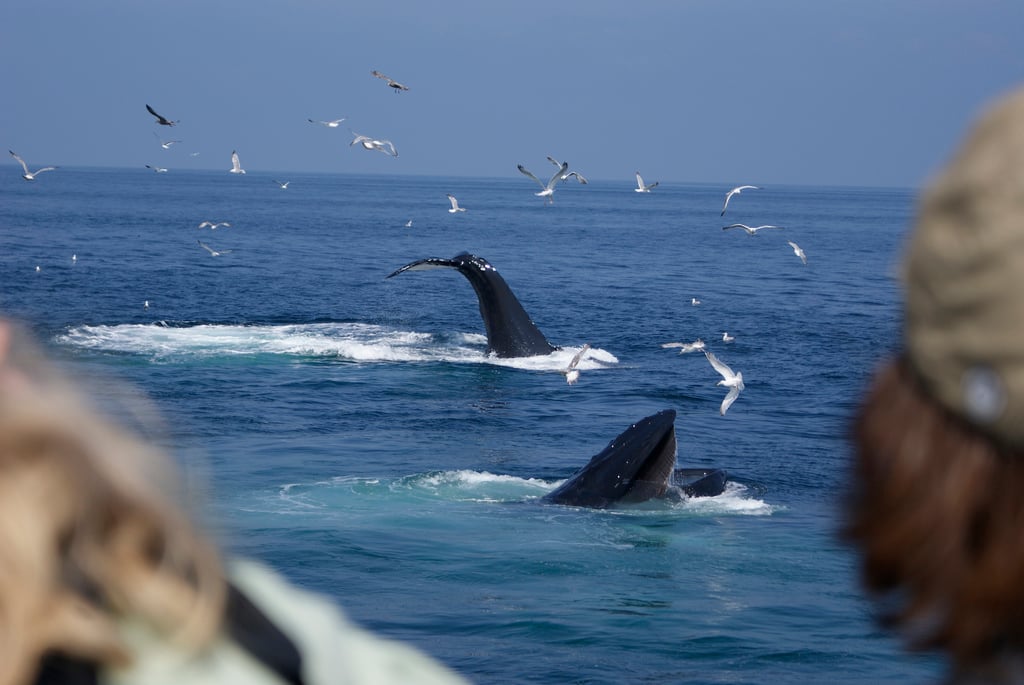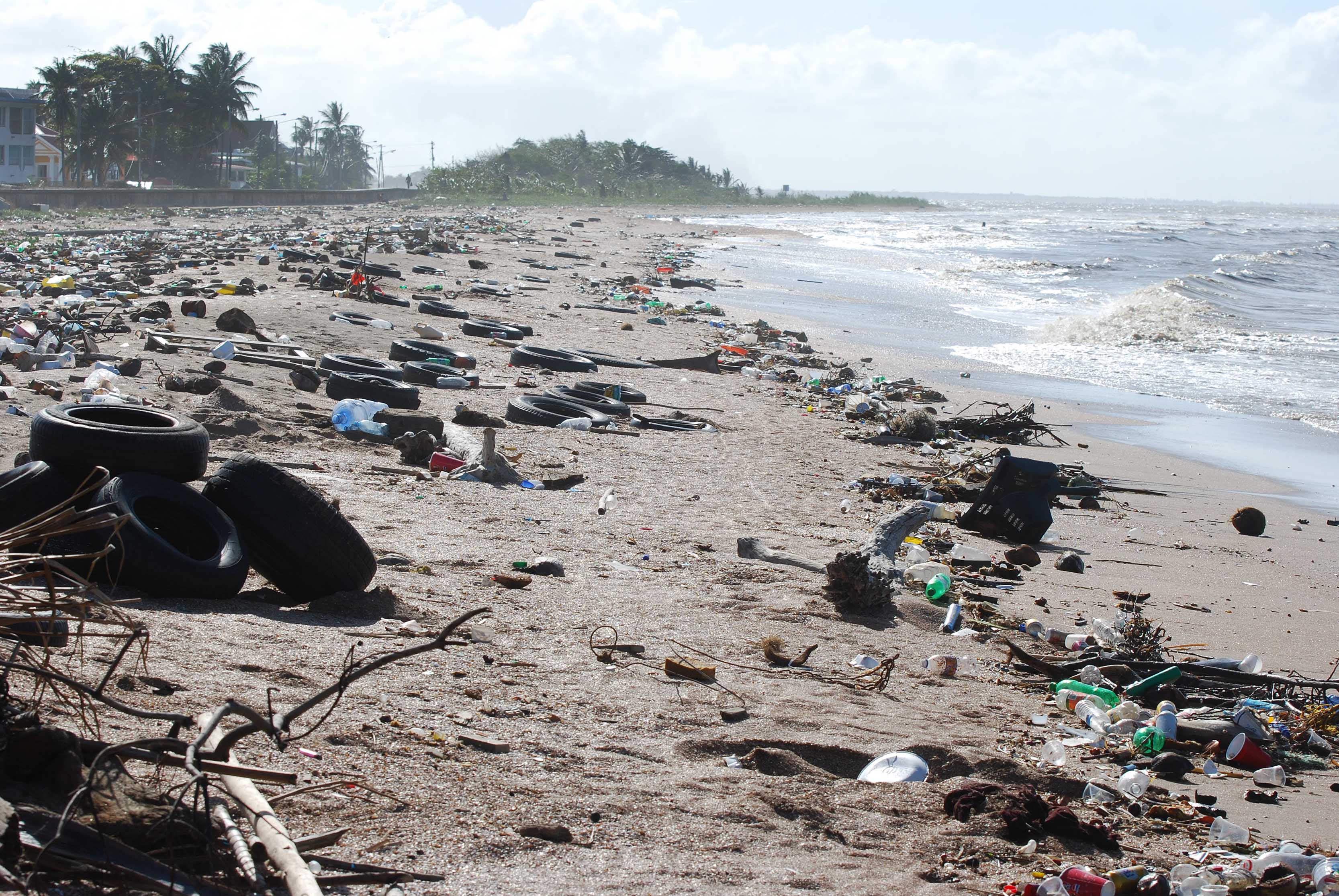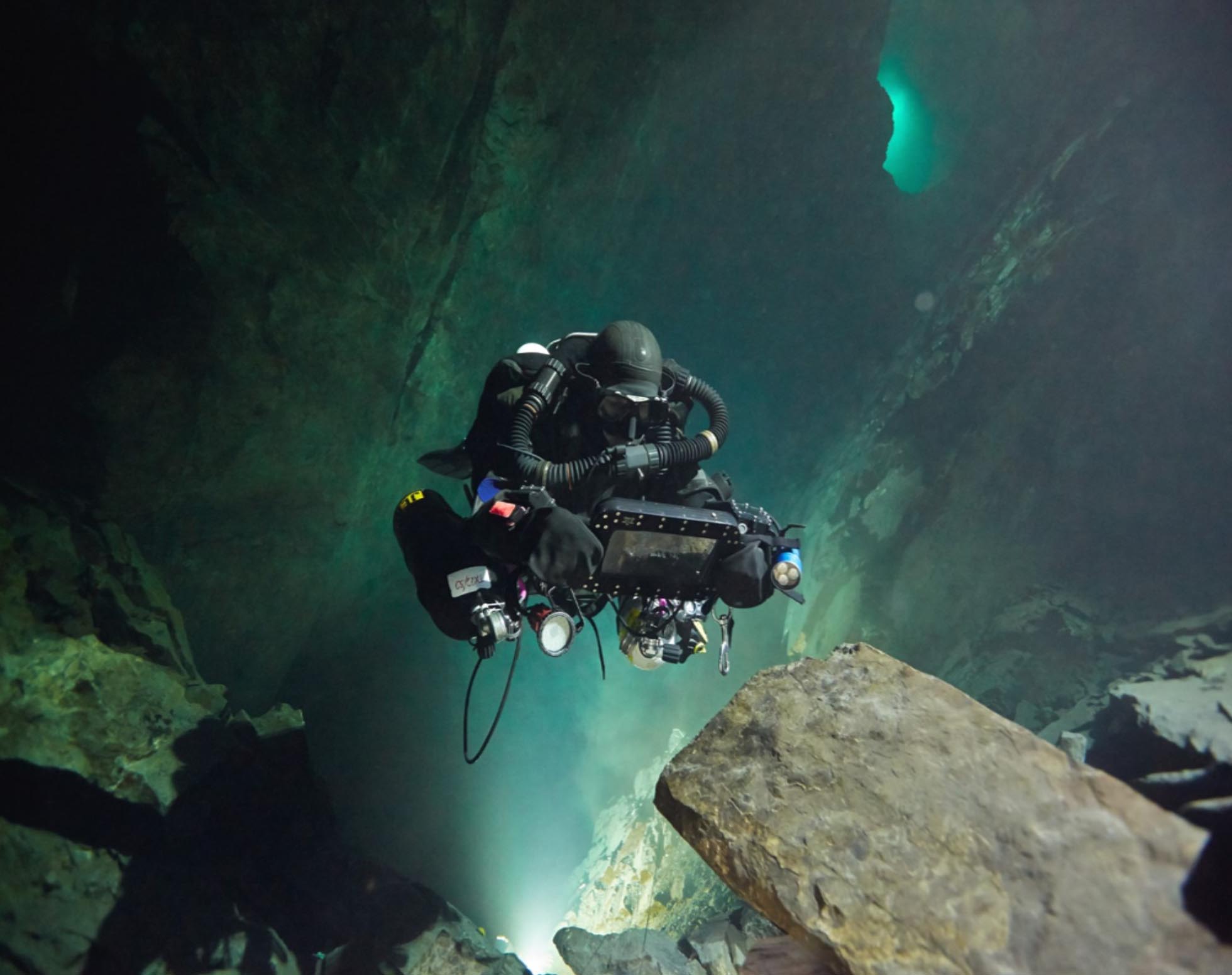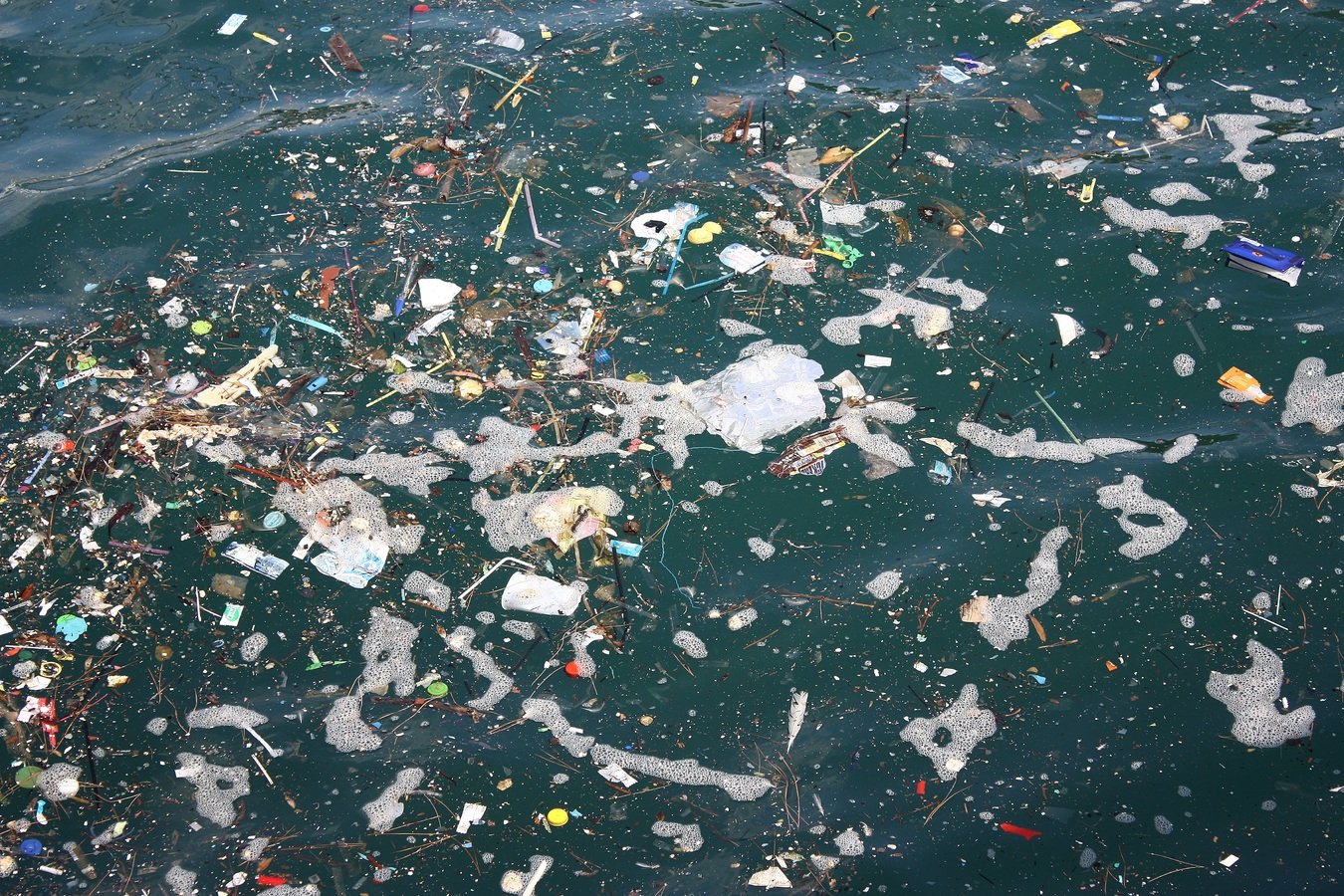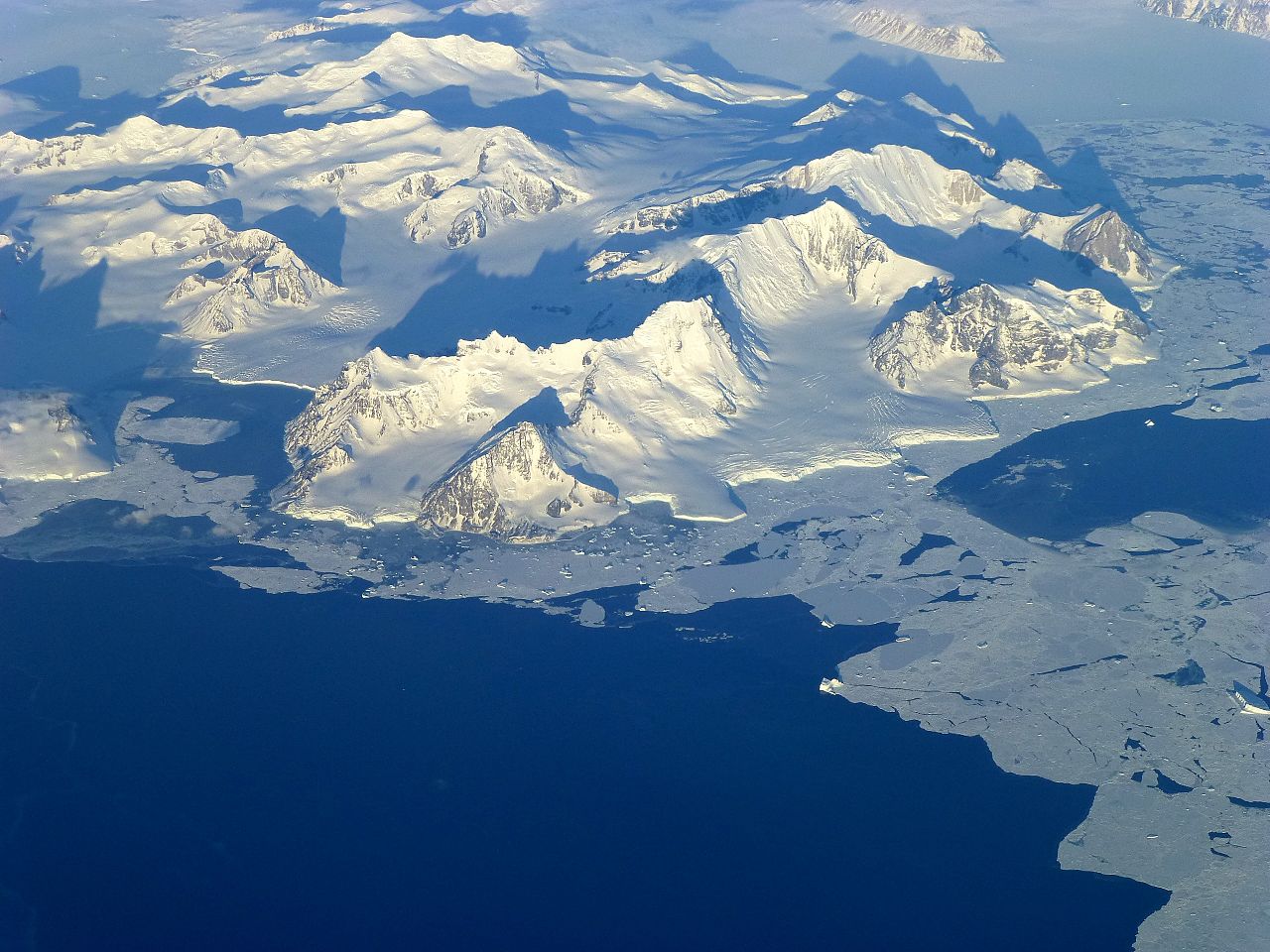Noisier waters linked to behaviour change, hearing loss in whales
Studies investigating whale-watching boats and the inner ears of marine mammals could soon provide new insight into the effects of noisier oceans on cetaceans – dolphins, whales and porpoises – who depend on their hearing for navigating, finding food and communicating underwater. Noise in our oceans is increasing due to human activities such as shipping, … Read more

